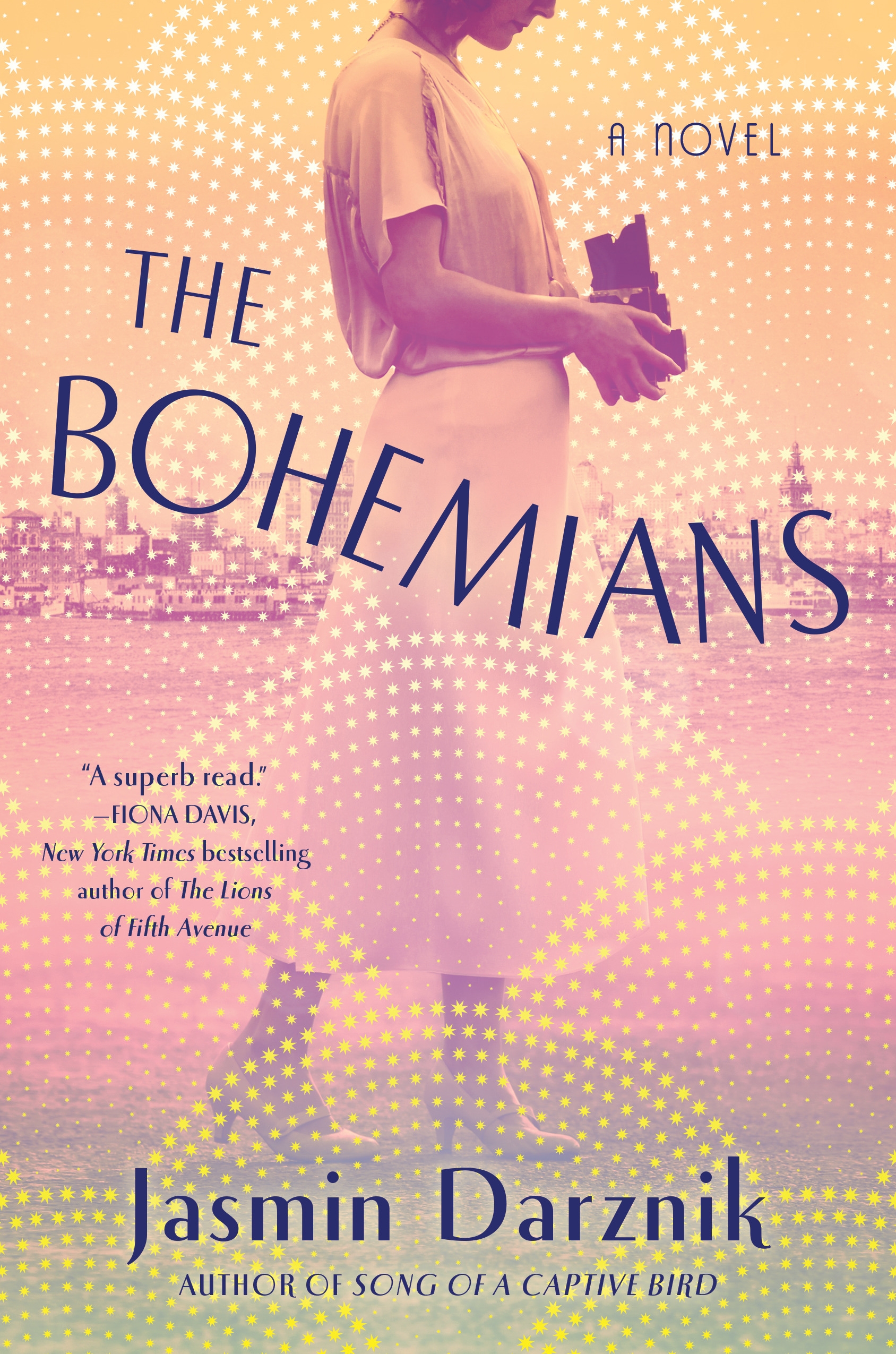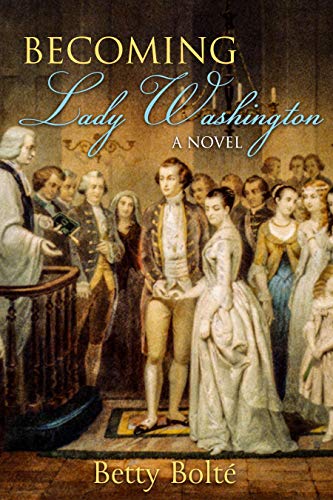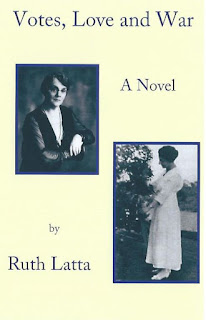 All in all, The Accidental Suffragist is an intriguing, poignant, and gripping story that takes its readers on a whirlwind ride through vital history and does so with admirable pacing, authentic world building, and well-crafted sentences, along with its sympathetic and vivid characters—and above all else, a captivating story.
All in all, The Accidental Suffragist is an intriguing, poignant, and gripping story that takes its readers on a whirlwind ride through vital history and does so with admirable pacing, authentic world building, and well-crafted sentences, along with its sympathetic and vivid characters—and above all else, a captivating story.
Category: Historical Fiction
A review of A Girl Should Be by Ruth Latta
 The descriptive narrative sets the stage, allowing the reader to step into the story and feel a part of it. Dialogue is well constructed, paying particular attention to the topics of discussion and the vocabulary relevant to this era. The protagonist, Annie, is a fun-loving young woman with a passion to succeed, to make something of herself, and to follow her dreams.
The descriptive narrative sets the stage, allowing the reader to step into the story and feel a part of it. Dialogue is well constructed, paying particular attention to the topics of discussion and the vocabulary relevant to this era. The protagonist, Annie, is a fun-loving young woman with a passion to succeed, to make something of herself, and to follow her dreams.
A review of The Bohemians by Jasmin Darznki
 While it can be imprecise to learn history from a novel, The Bohemians describes a time and place and its characters so vividly that it surely enhances what one might learn from the straight historical texts. This is a fine, worthy book with its defined and canny captures of Lange, Lee, Dixon and others, and an engaging, rewarding read.
While it can be imprecise to learn history from a novel, The Bohemians describes a time and place and its characters so vividly that it surely enhances what one might learn from the straight historical texts. This is a fine, worthy book with its defined and canny captures of Lange, Lee, Dixon and others, and an engaging, rewarding read.
A review of Love’s Garden by Nandini Bhattacharya
 The author’s style is simple and straightforward, and her use of highly descriptive prose generates excellent dialog and tantalizingly paints her characters as well as the tumultuous events in which they participate. I particularly enjoyed the alliterative flourishes: (“tawny tangy dancing woman”; “she senses sin and shame standing sentry”; “maggoty men”); the challenging vocabulary: (“termagants”; “tumescently proud”); and plastic descriptions: (“fish belly pale inner forearm”; “moon whipped water”; “soda bottle eye glasses”; “ the barbed wires of consolation”).
The author’s style is simple and straightforward, and her use of highly descriptive prose generates excellent dialog and tantalizingly paints her characters as well as the tumultuous events in which they participate. I particularly enjoyed the alliterative flourishes: (“tawny tangy dancing woman”; “she senses sin and shame standing sentry”; “maggoty men”); the challenging vocabulary: (“termagants”; “tumescently proud”); and plastic descriptions: (“fish belly pale inner forearm”; “moon whipped water”; “soda bottle eye glasses”; “ the barbed wires of consolation”).
A review of The Gopher King by Gojan Nikolich
The Gopher King is a ribald fantasy wrapped up in a psychological drama. As such, it can be appreciated at several levels. How much of Stan’s delusions do readers take literally? It is hard to say. But, in the words of the gopher king himself, “If you want to have a headache about the meaning of things, then you have to provide your own aspirin.”
A review of River Aria by Joan Schweighardt
 River Aria is an exquisitely written conclusion to the Rivers trio. Schweighardt creates rich layers of meaning through the three books, across settings that are sometimes sumptuous and sometimes desolate, but always rich in psychology, history, drama, theatre, and a very subtle political thread that hints at the power of compassion.
River Aria is an exquisitely written conclusion to the Rivers trio. Schweighardt creates rich layers of meaning through the three books, across settings that are sometimes sumptuous and sometimes desolate, but always rich in psychology, history, drama, theatre, and a very subtle political thread that hints at the power of compassion.
A review of Mammoth by Chris Flynn
 Most of the human characters in the book are real, and an attempt to bring back the Wooly Mammoth is happening, as detailed in the “Epilogus hominum” in order to try and slow global warming. Flynn does a stellar job of bringing together fantasy and history and Mammoth is a joy to read. The book is a cautionary, bold, loving and instructive tale that is mostly historically accurate, always funny, and often poignant.
Most of the human characters in the book are real, and an attempt to bring back the Wooly Mammoth is happening, as detailed in the “Epilogus hominum” in order to try and slow global warming. Flynn does a stellar job of bringing together fantasy and history and Mammoth is a joy to read. The book is a cautionary, bold, loving and instructive tale that is mostly historically accurate, always funny, and often poignant.
A review of Becoming Lady Washington by Betty Bolté
 Reading Becoming Lady Washington, one feels a little like Elizabeth Bennet in Pride and Prejudice (published 1813) when she first sets eyes on Mr. Darcy’s palatial home and vast landholdings. Martha’s lifestyle on her first husband’s estate and then at Mount Vernon was similarly luxurious.
Reading Becoming Lady Washington, one feels a little like Elizabeth Bennet in Pride and Prejudice (published 1813) when she first sets eyes on Mr. Darcy’s palatial home and vast landholdings. Martha’s lifestyle on her first husband’s estate and then at Mount Vernon was similarly luxurious.
A review of Walking in the Shadow by Carmen Radtke
 It is the clever detailing of life on the Island, and of leprosy, that makes this book so very engaging. Three men alone, with only occasional visits, making their own entertainment, caring for one another, knowing that two of them will never escape the Island unless it’s to go to another leper colony… Yet Carmen makes these men and their lives fascinating. There is real love here; gentle, unselfish, sometimes hard-tried love.
It is the clever detailing of life on the Island, and of leprosy, that makes this book so very engaging. Three men alone, with only occasional visits, making their own entertainment, caring for one another, knowing that two of them will never escape the Island unless it’s to go to another leper colony… Yet Carmen makes these men and their lives fascinating. There is real love here; gentle, unselfish, sometimes hard-tried love.
A review of Votes, Love and War By Ruth Latta
 Although primarily a work of fiction, Votes, Love and War is grounded in actual historical events and personalities. For example, Frances Beynon and Lilian Thomas (née Beynon) were prominent writers and suffragists in Winnipeg in the prewar and war years, speaking at public events, founding organizations such as the Political Equality League, and publicizing such injustices as the exploitation of women at work in the factory and on the farm.
Although primarily a work of fiction, Votes, Love and War is grounded in actual historical events and personalities. For example, Frances Beynon and Lilian Thomas (née Beynon) were prominent writers and suffragists in Winnipeg in the prewar and war years, speaking at public events, founding organizations such as the Political Equality League, and publicizing such injustices as the exploitation of women at work in the factory and on the farm.